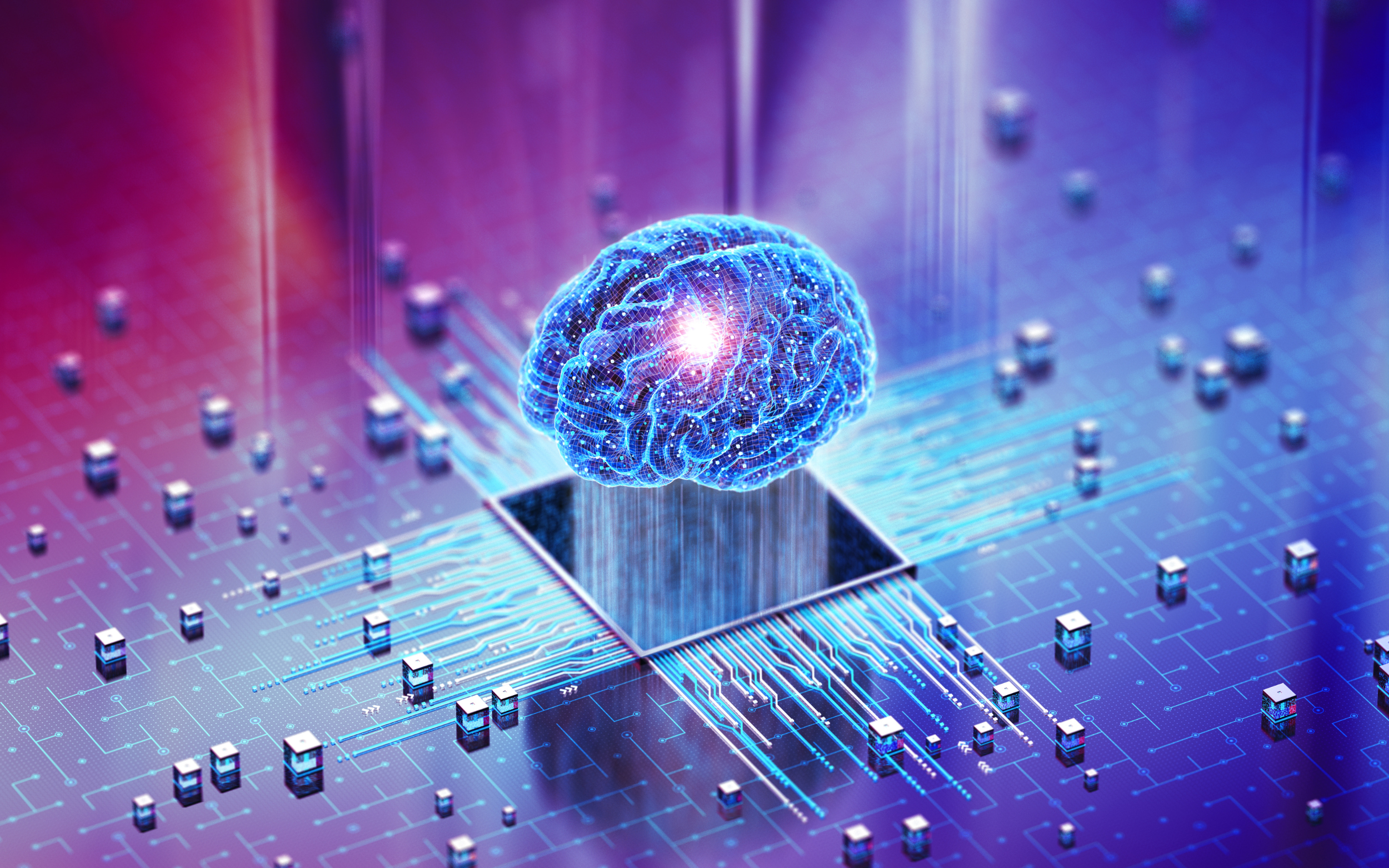Introduction: How AI is Transforming Modern Healthcare
Artificial Intelligence (AI) is revolutionizing the med-tech sector, enhancing precision, efficiency, and patient outcomes. From advanced diagnostics to personalized treatment plans, AI-driven solutions are reshaping healthcare delivery. This article explores key AI applications in med-tech and their transformative impact on the industry.
1. AI in Medical Imaging and Diagnostics
Enhanced Accuracy and Speed
AI-powered imaging technologies are improving diagnostic accuracy and efficiency:
- Rapid Image Processing: AI swiftly detects anomalies in X-rays, MRIs, and CT scans.
- Increased Diagnostic Precision: AI algorithms identify subtle patterns that human eyes may miss.
- Optimized Workflow: Automating image analysis allows radiologists to focus on complex cases.
2. AI in Dermatology and Aesthetic Medicine
Early Detection & Personalized Treatment
AI applications in dermatology are improving early disease detection and customized treatments:
- Skin Cancer Detection: AI analyzes skin lesions for early melanoma identification.
- Aesthetic Enhancements: AI assesses skin aging and suggests tailored cosmetic treatments.
- Treatment Monitoring: AI-powered analytics optimize therapy effectiveness.
3. AI in Ophthalmology
AI-Driven Eye Care Solutions
Ophthalmologists are leveraging AI to enhance diagnostics and treatment plans:
- Retinal Disease Detection: AI analyzes fundus images and OCT scans to identify macular degeneration and glaucoma.
- Diabetic Retinopathy Screening: AI reduces screening time by 50%, facilitating early intervention.
- Surgical Planning: AI aids in cataract assessments and improves surgical precision.
4. AI in Personalized Medicine & Treatment Plans
Tailored Patient Care
AI enhances personalized medicine by analyzing patient-specific data:
- Genomic Data Analysis: AI deciphers genetic patterns to recommend precise therapies.
- Real-Time Monitoring: AI adjusts treatments dynamically based on patient responses.
- Predictive Analytics: AI anticipates drug reactions and enhances patient outcomes.
5. AI in Surgical Assistance & Robotics
Precision & Efficiency in the OR
AI-assisted robotic surgery is optimizing surgical precision and efficiency:
- Guided Instrumentation: AI enhances robotic tools for superior accuracy.
- Surgical Risk Prediction: AI predicts potential complications, aiding in proactive intervention.
- Improved Outcomes: AI standardizes procedures, reducing variability and improving patient recovery.
6. AI in Drug Development & Clinical Trials
Faster Innovation in Pharmaceuticals
AI accelerates drug discovery and clinical research:
- Efficient Drug Screening: AI analyzes molecular structures to predict drug efficacy.
- Optimized Trial Recruitment: AI matches eligible patients with relevant clinical trials.
- Real-Time Safety Monitoring: AI continuously tracks patient responses, improving trial outcomes.
Challenges & Opportunities
Challenges:
- Data Privacy & Security: Protecting sensitive patient data remains a top priority.
- Workflow Integration: Healthcare professionals need training to effectively implement AI tools.
- Regulatory Compliance: AI-driven devices must adhere to strict medical regulations.
Opportunities:
- Expanded Accessibility: AI brings advanced diagnostics to remote and underserved regions.
- Continuous Learning Models: AI systems improve over time, refining accuracy and efficiency.
- Integration with Wearables: AI-powered wearables enable real-time patient monitoring and proactive healthcare.
Conclusion: The Future of AI in Med-Tech
AI is redefining the med-tech landscape, driving smarter diagnostics, personalized treatment plans, and rapid drug innovation. As AI technology continues to evolve, its applications will further enhance healthcare accessibility, accuracy, and efficiency.





